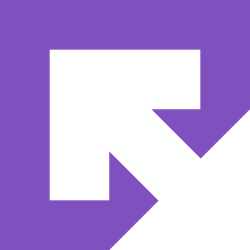Originally posted by Luke_Wolf
View Post
Originally posted by Luke_Wolf
View Post
I hadn't really thought of Valve's free for all development model from the angle you presented. It makes sense. Most engineers have a few favorite areas to work on, and even though we generally recognize that all aspects of the product are critical it takes a little thumb-twisting from leadership to get us to shift focus to other less-interesting-but-equally-essential aspects of work.



 ).
).
Comment